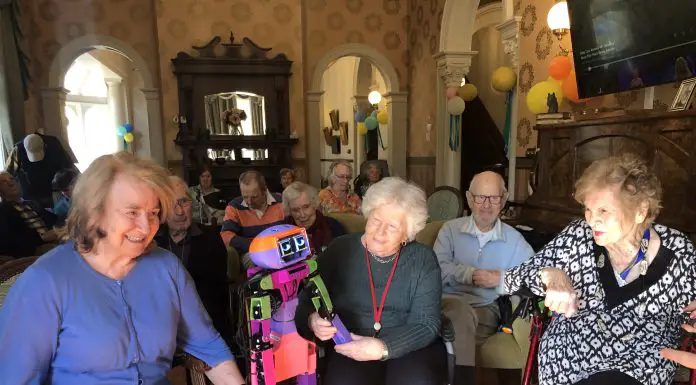People with dementia can learn to live well with the right support network in place, an expert in dementia care says, calling for more education to address misconceptions about the disease.
At the start of Australia’s national Dementia Action Week, Group Homes Australia founder and chief executive officer Tamar Krebs said more awareness and help was needed for people with dementia to live with their progressive disease.
“We don’t have a level of intervention of saying, let’s see how we can support people to learn to live with dementia,” she told Inside Ageing.
“Even the way people talk about it, they talk about suffering with dementia. We don’t talk about suffering with blood pressure.
“It should be learning to live beyond the diagnosis of dementia where people can celebrate their individuality, celebrate life and have quality of life.”
Dementia is among the leading causes of death and disease in Australia. About 459,000 Australians live with the condition, with an estimated 250 more diagnoses daily. About 1.6 million people are carers for people with dementia.
According to Dementia Australia statistics, it was the most common cause of death for women in 2016 and 2017. More men died from dementia in 2017 than any other cause.
While dementia can affect people of all ages, it is most common in the older population, with three out of every 10 Australians over 85 experiencing dementia.
Ms Krebs, who has worked in the aged care industry for 18 years, said there remained a stigma around dementia that contributed to delays in seeking assistance and support.
She said there needed to be recognition that family members and caregivers needed a community of support to care for a person with dementia.
“There is a lot of shame around the diagnosis, so by the time the community is aware of the diagnosis there is a lot of care fatigue because they have been carrying the load for so long,” she said.
“Opening up the conversation and saying, I need a support network, is a really important part of the sustainability of someone being sustained in the community.”
There are ways to help people with dementia to live well, including maintaining a daily and weekly routine of activities. This also ensures predictability and reassurance, a sense of structure and purpose.
Physical touch remains important, such as greetings, but also friendly gestures and smiles.
Ms Krebs said these experiences have become challenged during the COVID-19 pandemic, with forced social distancing and mask-wearing, as well as major changes to people’s routines.
She pointed to the psychological impact of a lack of physical touch for someone living with dementia.
“They may meet a friend and put their hand out to shake, and when the friend doesn’t reciprocate, the person living with dementia may feel a sense of shame, because they won’t remember or understand why that person is refusing a physical touch,” she said.
She said it was up to care partners and healthcare workers to try and overcome the challenges through the pandemic.
“Creating new adapted routines in the local community to combat the risk of isolation, giving virtual hugs, connecting through technology, and writing cards and sending flowers, so the person living with dementia knows that they are still valued and desired by their friends and family,” she said.
“For people without dementia, we need to change the way we adapt and interact with the person with dementia.
“They can’t change but we can.”

Dementia Action Week runs from September 21 to 27. Dementia Australia is calling for a shift in the misconceptions around the progressive disease.
The advocacy group said there was a prevailing, erroneous, attitude that people with dementia were old, frail and living in residential care, which led to negative attitudes and behaviours.
“Dementia Action Week 2020 will demonstrate that many people living with dementia can continue to live well for many years after their diagnosis. Many continue to make significant contributions to our community, they engage, make their own choices and live rich and active lives.”










